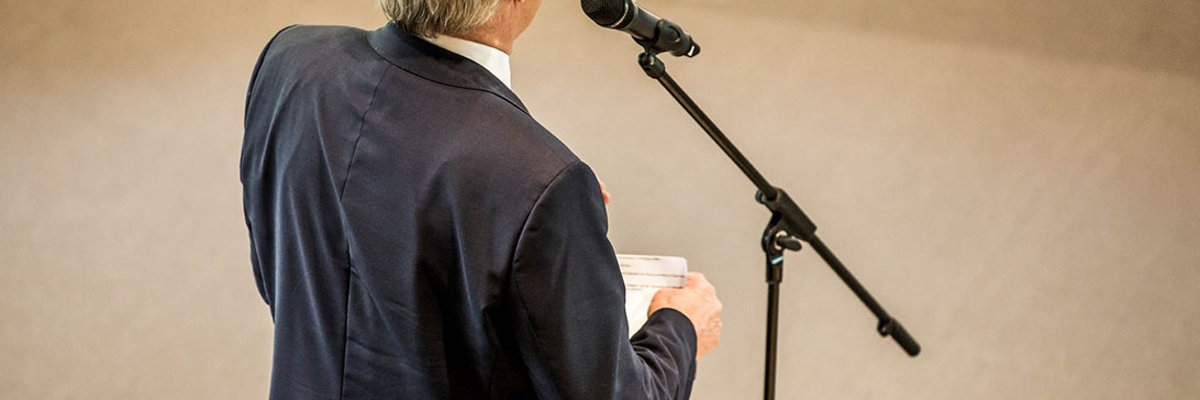Fractions
Fractions
An essential part of the work of the district council takes place in the parliamentary groups. In the district of Waldeck-Frankenberg, the members of the parties or electoral groups represented in the district council have joined together to form parliamentary groups in order to be able to act as an effective unit. They are represented externally by the chairperson of the parliamentary group. In its rules of procedure, the district council has stipulated that at least two members must belong to a parliamentary group.
Tasks
The individual parliamentary groups, independently of each other, generally meet twice before each district council meeting. In the parliamentary group meetings, all questions and problems on the agenda of the district council meeting are discussed. The recommendations prepared by the working groups and working parties of the parliamentary groups as well as elaborations by the administration serve as a basis for the discussion. In these, some members of the parliamentary groups deal particularly intensively with the items under discussion, for which they have the necessary expertise and professional knowledge. What is sought is expert knowledge and factual relevance. Subsequently, a vote is taken on how the respective parliamentary group wants to act on the decisions to be taken in the district council.
Will formation
Members of parliament are free to form their own opinions, as the parliamentary groups are as democratically organised as our entire community life. Factional discipline, on the other hand, is required. Members of the parliamentary groups are not elected because of their individual political views, but above all because of the political line that their party represents. The difficult, contentious formation of wills in a parliamentary group, which can often only be ended by voting, is not only in a party's own interest, but also in the interest of the work of the whole parliament, which could otherwise fall out individually. Random decisions would be the rule.
This form of opinion-forming within the parliamentary groups is also chosen because no parliamentary group member can think himself into all the questions and problems he has to help decide to such an extent that he is familiar with the matter down to the smallest detail. Each caucus member must concentrate on one area of expertise and rely on the judgement of his/her colleagues who are experts in other areas. Voluntarily adopting the opinion of the parliamentary group does not run counter to the independence of a member of the district council, who must exercise her/his activity according to her/his free conviction determined only by consideration for the common good.
